DISEASE-PROOF
The Remarkable Truth About What Makes Us Well
David L. Katz, MD, MPH,
with Stacey Colino

HUDSON STREET PRESS
Published by the Penguin Group
Penguin Group (USA), 375 Hudson Street,
New York, New York 10014, USA

USA | Canada | UK | Ireland | Australia | New Zealand | India | South Africa | China
Penguin Books Ltd, Registered Offices: 80 Strand, London WC2R 0RL, England
For more information about the Penguin Group visit penguin.com
First published by Hudson Street Press, a member of Penguin Group (USA), 2013
 REGISTERED TRADEMARKMARCA REGISTRADA
REGISTERED TRADEMARKMARCA REGISTRADA
Copyright David L. Katz, MD, MPH, and Stacey Colino, 2013
All rights reserved. No part of this product may be reproduced, scanned, or distributed in any printed or electronic form without permission. Please do not participate in or encourage piracy of copyrighted materials in violation of the authors rights. Purchase only authorized editions.
LIBRARY OF CONGRESS CATALOGING-IN-PUBLICATION DATA
Katz, David L., 1963
Disease-proof : the remarkable truth about what makes us well / David L. Katz, MD, MPH, with Stacey Colino.
pages cm
Includes bibliographical references and index.
ISBN: 978-0-698-13711-0
1. ImmunityNutritional aspects. 2. Health. 3. Self-care, Health. I. Colino, Stacey. II. Title.
QR185.2.K38 2013
571.96dc23
2013021131
Designed by Eve L. Kirch
Neither the publisher nor the author is engaged in rendering professional advice or services to the individual reader. The ideas, procedures, and suggestions contained in this book are not intended as a substitute for consulting with your physician. All matters regarding your health require medical supervision. Neither the author nor the publisher shall be liable or responsible for any loss or damage allegedly arising from any information or suggestion in this book.
While the author has made every effort to provide accurate telephone numbers, Internet addresses, and other contact information at the time of publication, neither the publisher nor the author assumes any responsibility for errors or for changes that occur after publication. Further, publisher does not have any control over and does not assume any responsibility for author or third-party Web sites or their content.

To my patientswith gratitude for the rewarding privilege of sharing skills in pursuit of health.
Introduction
W hen it comes to health, have you ever noticed how the media have a tendency to focus on the latest scary risk factor, a gimmicky new solution, or the bright and shiny promise of a cure (when there never really is one)? Thats because diet and health advice in magazines and on TV is, for the most part, designed to get us to read the issue every month or tune in to the program every day. The constantly changing news and advice can leave us feeling downright baffled, but it doesnt bother editors or TV producers in the least. I know this, because I have a bit of insider experience.
In addition to my work as a preventive medicine specialist, I have worked as a columnist for national magazines and as a medical expert for national news shows. One evening several years ago, I was preparing a segment about a new diet study for a TV program the following morning. During a phone call with the writers and producers, we were zipping through the content in a very routine fashionuntil I shared what I thought the punch line should be. At that point, the senior producer, who had been listening silently, suddenly chimed in, You cant say that!
Why not? I asked.
Because you were on the show last week and you said the same thing, she explained. It will be boring if you repeat the same conclusion.
Maybe, I replied, but it happens that fruits and vegetables are still good for people!
This is hardly an uncommon situation; Ive encountered it many times in my work. The point here is theres a constant tension in the media between whats new and whats true, what makes for sound science and what makes for provocative headlines or intriguing sound bites. Although Im sympathetic to the medias challenge to keep their audience engaged, dressing up dull scientific findings to make them sexier, fresher, or more surprising sometimes changes them to the point where the truth can be very hard to recognize.
This phenomenon reminds me of the riveting courtroom scene in the movie A Few Good Men, where Tom Cruises character (a Navy lawyer) is grilling Jack Nicholsons character (a crusty Marine colonel) about whether he ordered a Code Red. At one point Cruises character hollers that he wants the truth, to which Nicholsons character famously replies, You cant handle the truth!
The notion that people cant handle the truth if it isnt wrapped in a pretty package is prevalent in the world of health and medicine, too. Can you handle it? This is an important question, because if the answer is yes, then you can take control of the master levers of your medical destiny. We can exert incredible power over both the number of years in our lives and the quality of those years. We can help ourselves sidestep illness and health risks and help our children do the same. We can even untwist the implications of our DNA in our favor. The master levers of your personal medical destiny are truly powerful and within your reach.
In the European Prospective Investigation into Cancer and Nutrition (EPIC) Potsdam study, published in 2009, researchers examined four factorssmoking, body weight, physical activity, and dietamong 23,153 German participants, ages thirty-five to sixty-five, and tracked their health effects over the life span. Each healthy lifestyle factornever smoking, having a body mass index (BMI) lower than 30, performing at least three and a half hours of physical activity per week, and eating a nutritious diet (a high intake of fruits, vegetables, whole-grain bread, and low red meat consumption)was associated with a decrease in the risk of any chronic disease. Flipping the switch from bad to good on any one of these lifestyle factors was associated with a 50 percent reduced probability of chronic disease. But what was most eye-opening is that participants who had all four healthy factors at the start of the study had a nearly 80 percent reduced risk of developing any major chronic disease. The reduction in diabetes risk alone was 93 percent. There simply isand in my opinion, there never will bea drug to rival that. And to use lifestyle as medicinewell, no prescription is required!
Its important to remember that science is all about the slow accumulation of evidence and the gradual evolution of understanding, which sometimes involves confirming time-honored truths. (Yes, fruits and veggies really are good for us, just like they were last week and will be next week.) If you put too much stock in the latest media report about what is or isnt good for you or what truly increases or decreases your risk of developing a particular disease, you may end up with a terminal case of health information whiplash. At some point, you may throw up your hands in frustration and tune out the messages entirely, even when theyre valid. Clearly, thats not the way it should be.

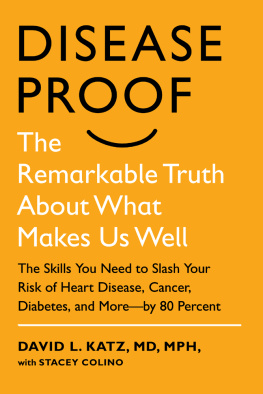
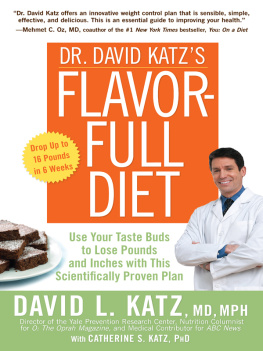

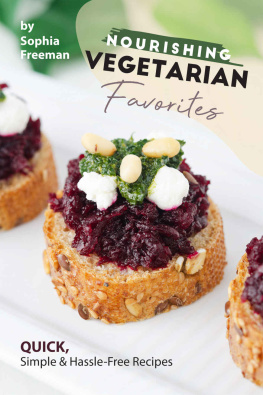
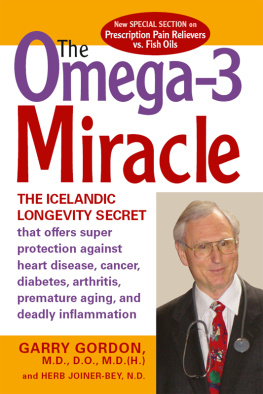
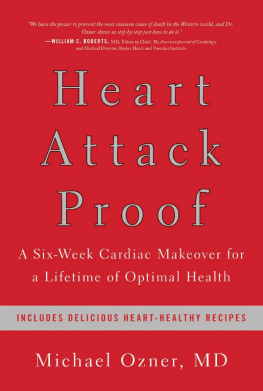
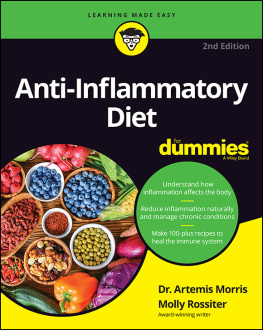
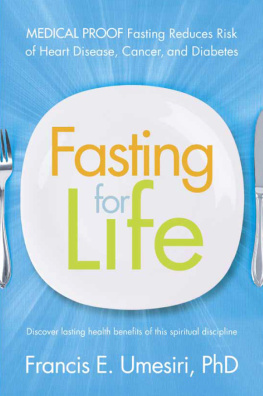
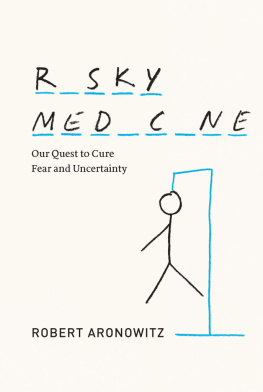



 REGISTERED TRADEMARKMARCA REGISTRADA
REGISTERED TRADEMARKMARCA REGISTRADA